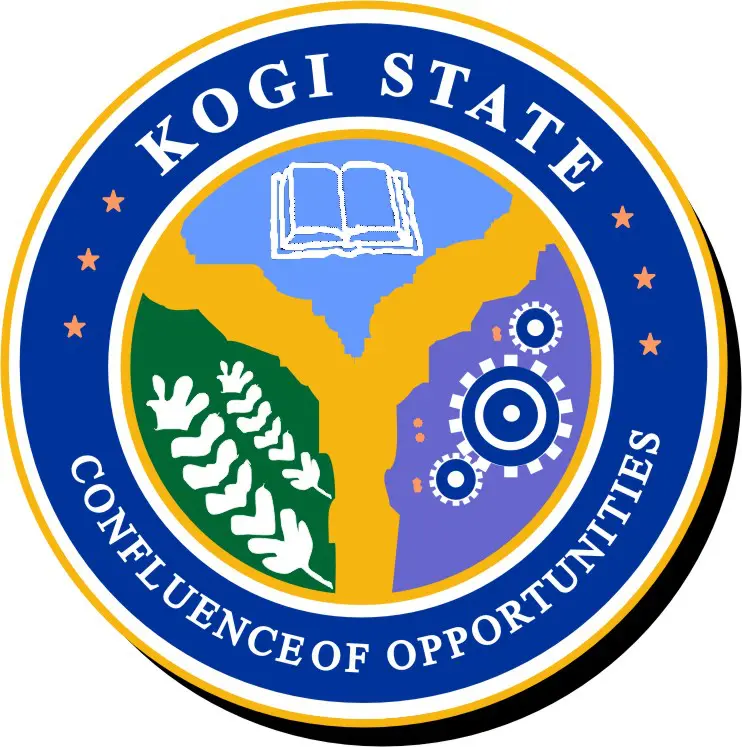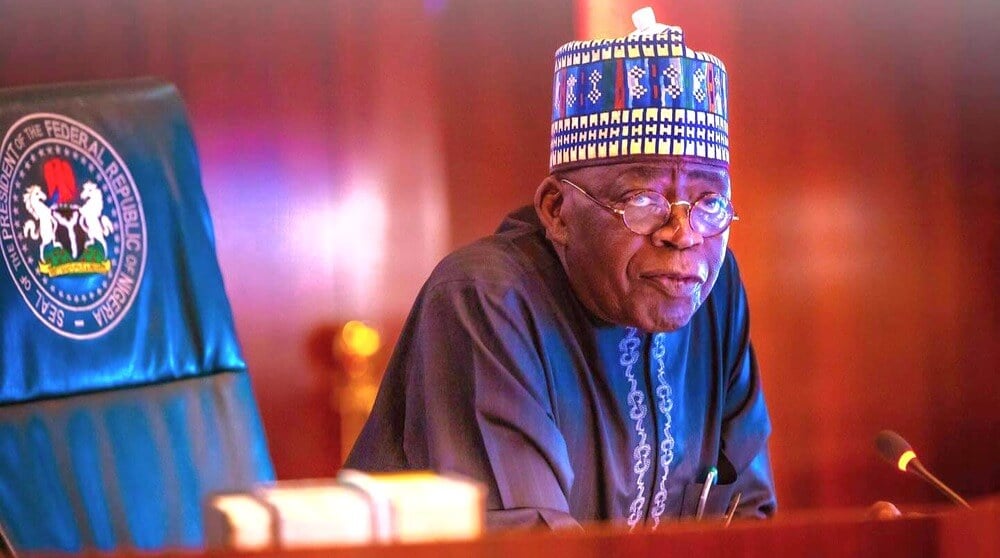The Executive Vice Chairman (EVC) of the Nigerian Communications Commission (NCC), Prof. Umar Garba Danbatta, has formally introduced that the investment profile of the nation’s telecommunications sector, comprising overseas direct investment (FDI) and native investment, has reached $75.6 billion as of 2021.
Danbatta disclosed this at an interactive session with stakeholders in the communications media ecosystem, in Lagos on Wednesday, the place he offered his scorecards and landmark developments which have formed the trajectory of development in the telecoms sector since he turned the chief telecom regulator in August 2015.
According to Danbatta, in 2018, investment in the sector stood at $68 billion. This elevated to $70.5 billion in 2019 and $72 billion in 2020. At the top of 2021, the determine rose to $75,560,563,417.79 ($75.6 billion). The newest determine is the present official investment profile computed in the trade, up from the preliminary $70 billion investment in the previous couple of years.
Investment in the telecommunications sector in Nigeria is computed from two sources: the Central Bank of Nigeria (CBN), and monetary knowledge obtained from service suppliers by the fee.
While the CBN collects and calculates a component of the telecoms sector to incorporate FDI, portfolio and others, the fee collects investment figures from telecom licensees, described as home investment arising from capital expenditure (CAPEX) which varieties a part of the entire investment in the trade.
The NCC EVC stated by way of an efficient regulatory surroundings put in place by the fee, the telecom sector has recorded super development from an preliminary investment profile of $500 million in 2001 when the sector was absolutely liberalised.
Similarly, Danbatta stated the telecom sector has continued to be a significant contributor to Nigeria’s economic system by way of a powerful sectoral contribution to the nation’s Gross Domestic Product (GDP) quarterly, up from about 8.5 per cent in the third quarter of 2015, contributing N10.126 trillion to the nation’s GDP in 2022 alone.
Citing knowledge from the National Bureau of Statistics (NBS), Danbatta stated the telecoms sector contributed N10.126 trillion as an combination quarterly contribution to GDP in 2022.
“In the first quarter, the sector contributed 12.94 per cent equivalent to N2.246 trillion, while the second quarter witnessed an all-time high GDP contribution by the telecom sector to the nation’s economy, standing at 15 per cent and valued at N2.593 trillion. The sector’s contribution to GDP in the third quarter was 12.85 per cent and in the fourth quarter, it grew to 13.55 per cent, which are valued at N2.436 trillion and N2.851 trillion, respectively.
“The growth trajectory continued this year as the telecommunications and Information Services sector in Nigeria delivered a handsome N2. 508 trillion in terms of financial value contribution to the nation’s gross domestic product, GDP, representing 14.13% in the first quarter of 2023,” he stated.
Telecoms’ contribution to nationwide GDP has grown considerably because the assumption of workplace by Prof. Danbatta because the EVC of NCC in August 2015, in response to obtainable knowledge from NBS.
From 8.50 per cent in 2015, it grew to 9.13 per cent in 2016 and to eight.66 per cent in 2017. In the final quarter of 2018, telecoms contributed 9.85 per cent to the nationwide GDP, whereas it added 10.60 per cent in the fourth quarter of 2019.
Also in the second quarter of 2010, it added 14.30 per cent to GDP; 14.42 per cent in the second quarter of 2021. The highest quarterly contribution to GDP by the sector was 15 per cent in the second quarter of 2022.
Overall, Danbatta stated the sector has turn out to be a significant enabler of financial growth in Nigeria because it continues to positively impression all sides of the economic system.
“As the regulatory authority for the telecom sector in Nigeria, we are happy that the sector has recorded phenomenal growth statistics in the past two decades of the liberalization of the telecoms sector. However, we will not rest on our oars. We will continue to push upward to greater heights by encouraging the expansion of frontiers to put Nigeria’s imprint on the global map of digital economy,” he stated.
In addition to the expansion in investment and GDP contribution, Danbatta stated: “As of May 2023, active voice subscriptions reached 221.3 million, equivalent to 115.91 per cent teledensity, while Internet subscriptions rose to 159.6 million.”
Danbatta additional disclosed that broadband subscriptions on Third Generation (3G) and Fourth Generation (4G) networks elevated to 92.2 million, representing a 48.28 per cent broadband penetration in the nation.
Also, following the issuance of three.5GHz spectrum licences for the deployment of Fifth Generation (5G) networks in Nigeria, marked by ultra-high-speed web, low latency and excessive capability, and the following industrial launch by two of the three licence holders, 5G subscriptions have grown to over 60,000 in many cities in a minimum of 12 states of the Federation.
Danbatta assured of the fee’s dedication to at all times give concrete expression to the Federal Government Executive Order 001, centered on ease of doing enterprise and different digital economy-oriented insurance policies, by embarking on varied regulatory initiatives that assist a pleasant investment local weather for traders in Nigeria and improve worth for cash for telecom customers.
The EVC notably counseled the media as a strategic associate and enabler of development in the telecom sector “through accurate, adequate, and timely reporting of all regulatory activities of the Commission.”



